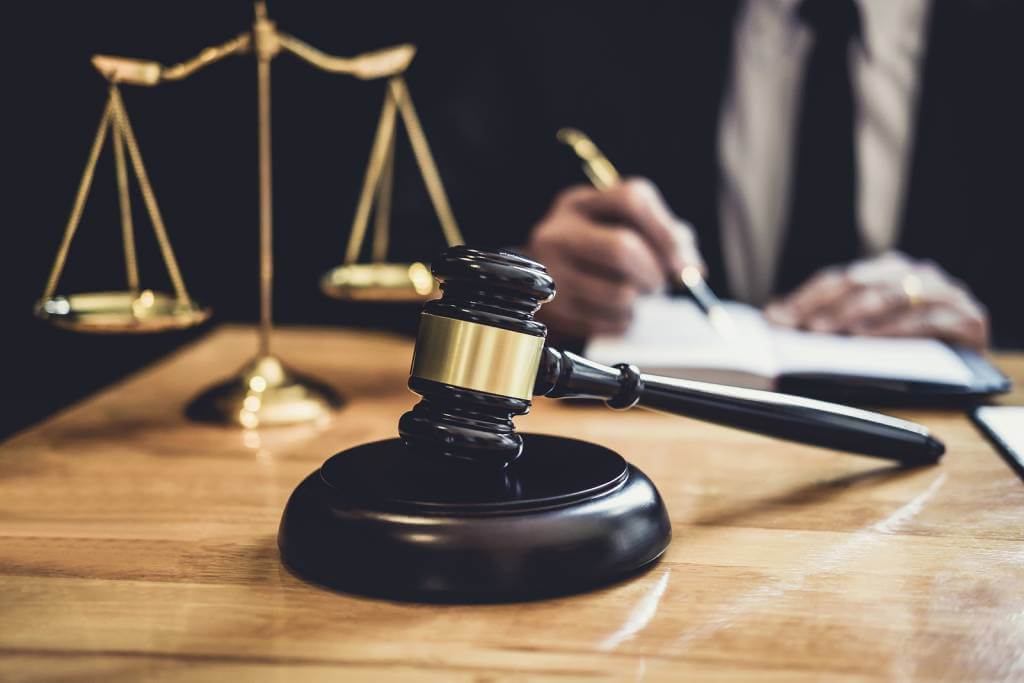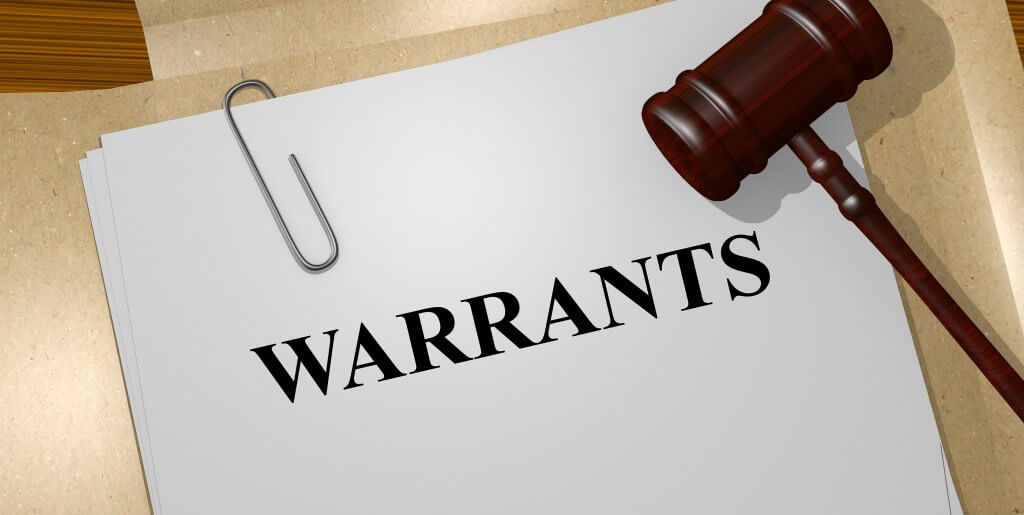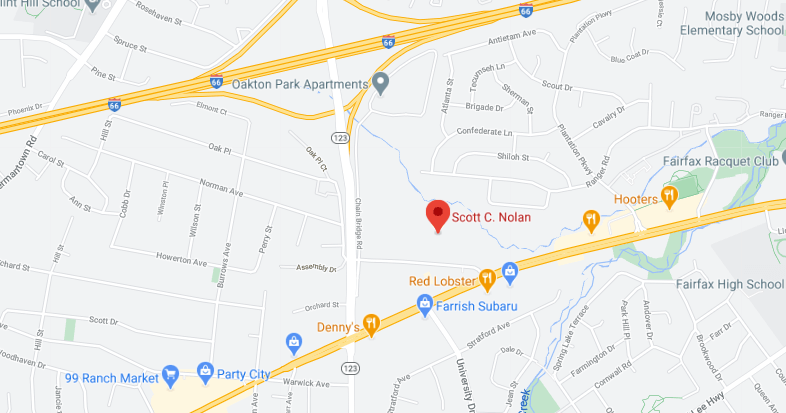Defending Against Digital Evidence in Criminal Cases in Fairfax, VA
When you’re facing criminal charges in Virginia—whether for cybercrime, drug possession, or even domestic violence—the fear can be overwhelming. What will happen next? Will you go to jail? Will the crime follow you forever?
The prosecution’s case against you can involve more than eyewitness testimony or physical evidence. Digital evidence increasingly plays a central role in Virginia criminal prosecutions. From social media messages to GPS data and cloud-based files, digital footprints can make or break a case.
At The Law Office of Scott C. Nolan, PLLC, we know how prosecutors build their cases and how to dismantle them. With over 20 years of courtroom experience and a deep understanding of evolving laws, our team is prepared to challenge digital evidence head-on, protecting your rights and future freedom.
What Is Digital Evidence?
Digital evidence is any information stored or transmitted in electronic (not physical or hard-copy) form that can be used in a court of law. This includes the following:
- Text messages and call logs
- Emails and chat transcripts
- Social media posts, likes, and messages
- GPS and location tracking data
- Photographs and video from phones, doorbell cams, or surveillance
- Internet search history and browser records
- Files from hard drives or cloud storage
- Metadata (data about data, such as time or location stamps created when a photo is taken)
How is Digital Evidence Collected and Handled in Virginia?
In Virginia, the rules governing how digital evidence is collected and used in criminal cases are strict, and for good reason. Mishandling digital data can violate a person’s constitutional rights.
Virginia Code § 19.2-70.3 governs electronic surveillance and tracking, including how law enforcement can obtain stored electronic communications. In most cases, they need a search warrant. If they don’t have one, the evidence may be inadmissible. The same section of the statute covers interception of wire, electronic, or oral communications. It’s illegal for law enforcement to intercept communications without proper legal authority. If they overstep, your Virginia defense attorney can move to suppress the evidence under the Fourth Amendment.
The Role of Digital Evidence in Cybercrime Cases
Cybercrime is an obvious category where digital evidence dominates. These cases often involve allegations of:
- Hacking or unauthorized computer access
- Fraudulent online transactions
- Identity theft
- Distribution of illegal digital content
- Cyberstalking or harassment
In these cases, prosecutors rely heavily on IP addresses, log-in records, time stamps, and digital forensics to try to prove guilt. But digital evidence isn’t always reliable. Devices can be hacked. Accounts can be spoofed. At our Fairfax law firm, we work with forensic experts to review the data. By closely examining the chain of custody, we may be able to identify information that can cast reasonable doubt on the alleged violations.
White-Collar Crime and the Paper Trail
White-collar crimes like embezzlement, securities fraud, or forgery often come down to digital “paper trails.” Bank records, emails, spreadsheets, or company messaging apps might be presented as damning evidence.
Paper or electronic, these cases are rarely black and white. Just because your name is on a document doesn’t mean you had the intent to commit a crime. Just because a message was sent from your account doesn’t mean you were the one who sent it.
Challenging Digital Evidence After Allegations of Computer Fraud
Virginia Code § 18.2-152.5 addresses computer fraud. It requires “intent to defraud,” which must be proven beyond a reasonable doubt. An experienced cybercrime defense attorney can help you challenge assumptions and show the full story. Casting a reasonable doubt on the charges can help to lighten your sentence, or in cases where the evidence cannot stand up to questioning, your case could even be dismissed.
How is Digital Evidence Used in Drug-Related Cases?
It may surprise you, but digital evidence plays a growing role in drug-related charges, especially those involving distribution. Prosecutors may try to use:
- Texts arranging a sale
- GPS data placing you near a location
- Social media posts with coded language
- Phone call logs to suggest a pattern of activity
Challenging Digital Evidence in Drug-Related Cases
Context matters. A “meet me at 5” message isn’t proof of a drug deal. A GPS ping near a house where drugs were found doesn’t prove you were inside. At The Law Office of Scott C. Nolan, PLLC, we challenge these assumptions of guilt. In the justice system, you are innocent until proven guilty, not vice versa. We also ensure the evidence against you was collected legally. Virginia Code mandates the proper execution of search warrants. Any deviation from lawful procedure could be grounds for suppression.
Social Media and Domestic Violence or Assault Allegations
Digital evidence can cut both ways in domestic violence or assault charges. Social media posts, messages, or voicemails can be used to paint a picture, but that picture may be incomplete or misleading. For example:
- A heated text may be taken out of context
- A recorded call may not reflect prior abuse or provocation
- Deleted posts may be recovered and used as evidence
Using Social Media to Support Your Defense
Many people don’t realize that digital evidence can also support the defense. It can reveal inconsistencies, show a history of mutual conflict, or provide timestamps contradicting the prosecution’s timeline. Under governing Virginia law, intent and context are critical when it comes to assault and battery against a family or household member.
We work to present a full, fair view of events from all angles—not just the cherry-picked pieces the prosecution prefers. When all the evidence is laid bare, the two-sided nature of the domestic dispute can often be seen. This can help to mitigate any sentence or make it possible to access alternative sentencing options to avoid jail time or heavier fines.
Can Digital Evidence Be Thrown Out?
This type of evidence can often be deemed inadmissible and seeking that result could be our first line of defense.
Digital evidence collected without a valid warrant can often be challenged or suppressed. The same applies if the search exceeded the warrant’s scope or the data was altered or misattributed during collection. We examine every detail against your constitutional rights and Virginia law:
- Was the warrant specific and timely?
- Was the device or account properly secured?
- Has the data been altered or misinterpreted?
- Was the chain of custody preserved?
Even seemingly minor mistakes can lead to evidence being ruled inadmissible, changing the entire trajectory of your case.
The Importance of Acting Quickly in Digital Evidence Cases
Time is critical. Devices get lost. Data is overwritten. You need legal counsel immediately if you’ve been charged with a crime, or even if you suspect you’re under investigation in a criminal case. The Law Office of Scott C. Nolan, PLLC, and our team act fast to:
- Preserve favorable digital evidence
- Demand records from third parties
- Prevent spoliation of data
- File motions to suppress unlawful searches
- Cross-examine and challenge potentially inculpatory evidence
Waiting too long can mean losing the chance to challenge or benefit from key digital evidence related to your specific case.
Building a Digital Defense Strategy That Works
Defending against digital evidence isn’t about denying reality—it’s about revealing the full picture. Not everybody who is charged with a crime goes to jail. There are alternative sentencing options and settlement options. Our job is to ensure we preserve as much of your freedom as possible and get you into the best position to move forward with your life. There is a future beyond this point, and we are here to help you get there.
We tailor every defense strategy to your unique situation, using a combination of technical analysis, legal motion work, and compassionate, judgment-free representation. Most importantly, we listen to what happened, what’s worrying you, and what you need. The Law Office of Scott C. Nolan, PLLC, offers a free, confidential strategy session where we will go over your case in detail. It costs you nothing to reach out to find out more from a skilled defense attorney; doing nothing could cost you.
Don’t Let a Digital Trail Define Your Future
Facing criminal charges can be terrifying, especially when your phone, your messages, or your online activity are being used against you. But digital evidence is not unbeatable. With the right legal strategy, it can be challenged, discredited, or even turned in your favor.
At The Law Office of Scott C. Nolan, PLLC, we understand the technology and the law. We have helped defend thousands of cases in Fairfax and the surrounding area and are ready to fight for your freedom, too. For a confidential case evaluation, call 703-688-9236. You don’t have to face the threat of the justice system on your own. Let’s discuss how we can help you move forward with strength, clarity, and a plan.






